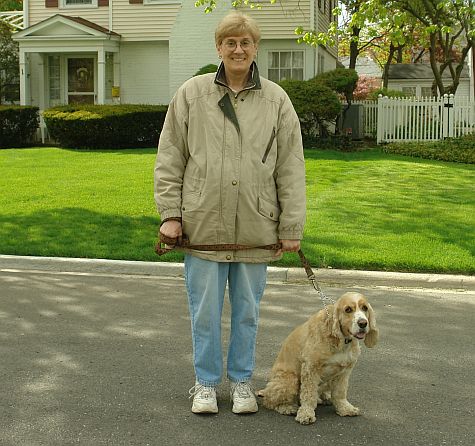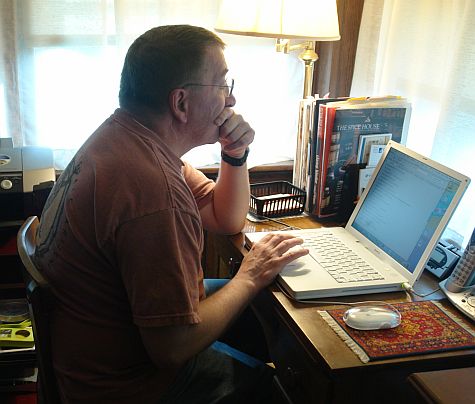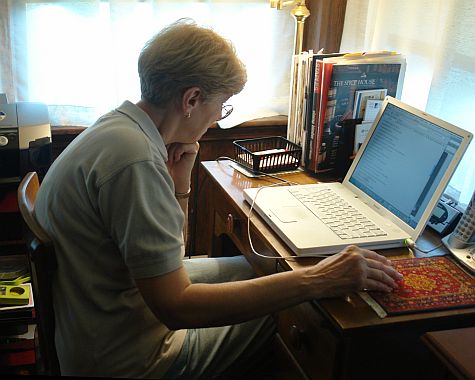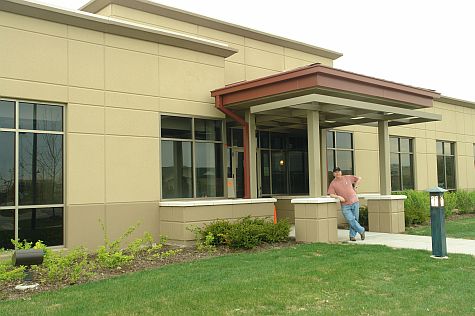I haven’t been to the Chicago area much over the years, so I mostly came over to hang out. This included going out with MaryAnn to walk the dog.
Charlie has been interviewing candidates to work in his dental office, and asked if I could recommend any profiling tests. Since health care is really a calling, I suggested that he might try one of the enneagram tests.
MaryAnn tried it, too.
Reviewing the tour of the nine enneagram types, there was some interesting prescriptions. In development profiles, Charlie needs to learn to look after himself better, and MaryAnn needs to learn to have more fun. The kids are all grown up now, so they’re empty-nesters.
Charlie has been working towards opening a new office in the redeveloped area of the old Glenview Naval Air Station.
Charlie’s office has always been around the Children’s Memorial Hospital site in Lincoln Park, but the hospital is moving downtown. He’ll be hopping between offices, but has partners in his practice who will share the load.
I’m following the “Wear Sunscreen” prescriptions (by Mary Schmich and popularized by Baz Luhrmann):
Understand that friends come and go, but for the precious few you should hold on. Work hard to bridge the gaps in geography in lifestyle because the older you get, the more you need the people you knew when you were young.
Life is too short not to remember friends … and those so close to be considered extended family.






